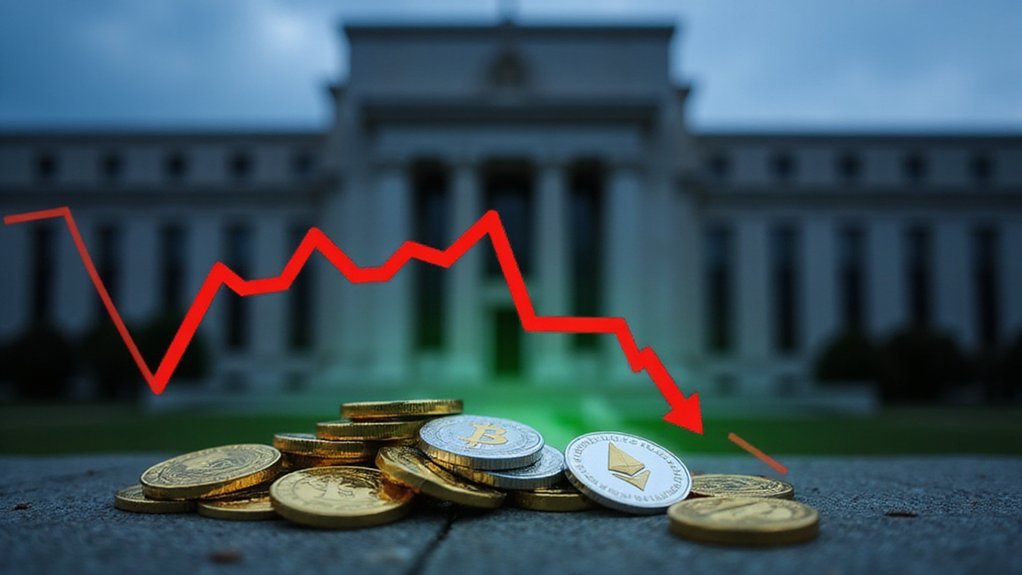The meteoric rise of Bitcoin has cast a stark spotlight on the cryptocurrency's voracious appetite for energy. With Bitcoin reaching an unprecedented $98,000 in November 2024, representing a 250% increase from April levels, the digital currency's power consumption has likewise surged. Current estimates place Bitcoin mining operations at 155-172 TWh annually, equivalent to 0.4% of global electricity demand and generating approximately 96 million tonnes of CO2 yearly.
This dramatic increase in energy consumption comes as no surprise to industry analysts. The January 2024 approval of spot Bitcoin ETFs coupled with April's halving event created ideal conditions for price appreciation. "The reduction in new supply coinciding with institutional adoption has accelerated price momentum beyond previous cycles," notes the data. The trajectory aligns with Santostasi's Power Law Model that has demonstrated 95.3% accuracy in predicting Bitcoin's price movements over 15 years.
The consequences are evident in power grids nationwide, with Texas reporting that mining operations now consume 10% of the state's electricity. Many experts believe the significant mining capitulation has ended, creating a more sustainable operational environment for the industry. Environmental concerns have intensified as Bitcoin's energy usage rivals that of entire nations like Poland. Critics point to reactivated fossil fuel plants dedicated to mining operations as evidence of Bitcoin's negative environmental impact.
Bitcoin's voracious energy consumption strains power grids and rivals entire nations, raising alarms as fossil fuel plants reactivate solely for mining operations.
However, technological advancements offer potential solutions. More efficient ASIC miners, immersion cooling techniques, and transitions to renewable energy sources demonstrate the industry's response to sustainability challenges. The integration of immersion cooling systems has become increasingly popular among miners seeking to enhance efficiency and extend hardware lifespan.
The economic stakes are substantial. Mining revenue reached $18 billion in 2024, with the United States emerging as the global leader in hash rate. This dominance has strategic implications as Bitcoin increasingly integrates into traditional financial systems. Mining companies continue to expand operations and pursue public offerings despite concerns about concentration of mining power.
Regulatory responses remain fragmented. While some states offer incentives to attract mining operations, others contemplate restrictions based on environmental concerns. The SEC's approval of spot Bitcoin ETFs signals growing mainstream acceptance.
With projections suggesting Bitcoin could reach $200,000-$500,000 in coming years and the next halving event scheduled for 2028, the economic and environmental implications of Bitcoin's power surge demand thoughtful consideration from policymakers, investors, and environmentalists alike.





